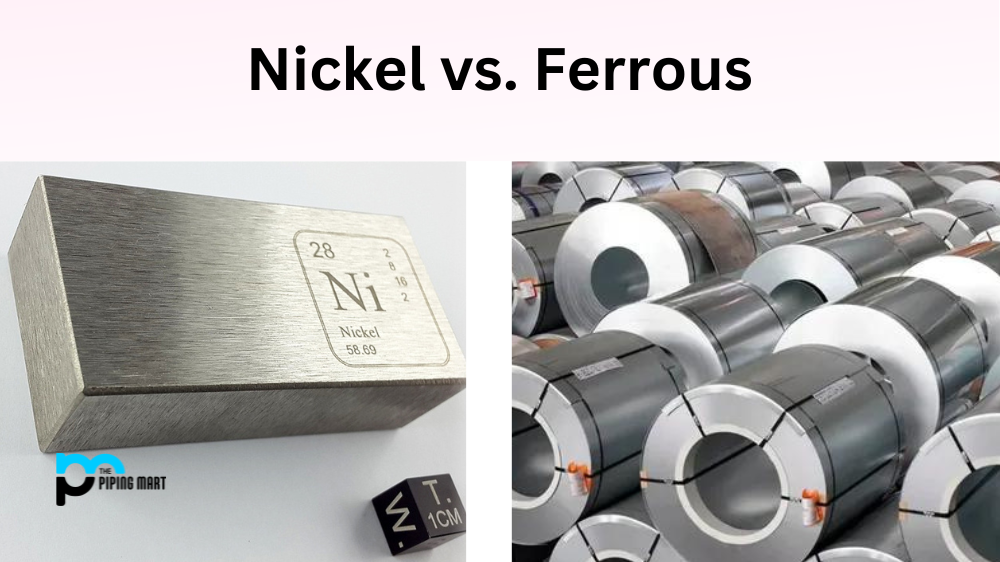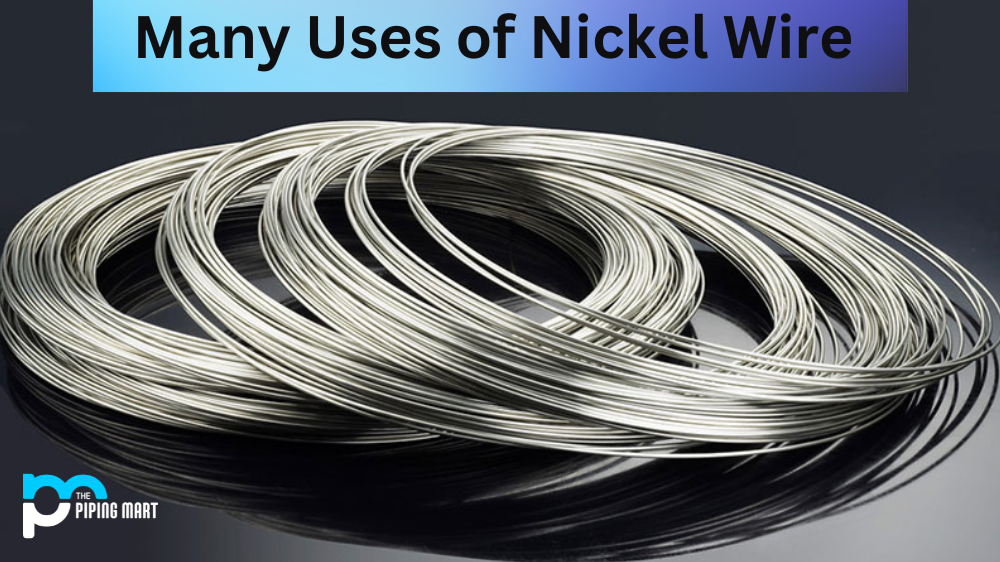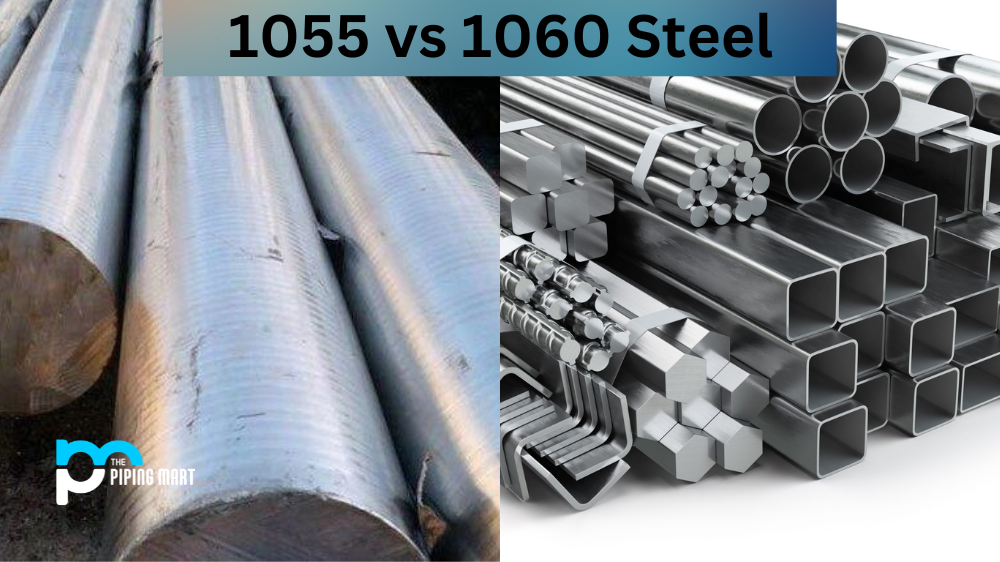Nickel and ferrous are both metals, but the similarities end there. In this blog post, we’ll cover the differences between nickel and ferrous so that you have a better understanding of each metal. Whether you’re looking for metal for home improvement or industrial use, this will be an informative guide to help you make an informed decision about which one is best for your needs.
What is Nickel?
Nickel is a silvery-white metal with excellent thermal and electrical conductivity as well as good corrosion resistance in many environments. It is used in stainless steel alloys to increase their strength and flexibility, making it a popular choice for many industrial applications such as plumbing pipes and valves. Its malleability also makes it useful for coins, jewelry, and other decorative items.
What is ferrous metal?
Ferrous metal is made up of iron combined with carbon or other elements like chromium or nickel. It’s well known for its strength and durability, making it perfect for construction projects and heavy-duty machinery parts like gears or axles. Ferrous metal can corrode when exposed to certain conditions, however, so it must be coated appropriately or treated if used outdoors or near water sources.
Ferrous metal has been used in various industries since ancient times due to its availability and affordability compared to other metals such as gold or silver. However, its susceptibility to corrosion has limited its use for specific applications where more durable materials are required.
Difference between nickel and ferrous metal
When it comes to deciding between nickel and ferrous metal for a particular use, it is important to consider the environment in which the metal will be exposed. Nickel is preferred in harsher environments because of its increased corrosion resistance and ability to withstand higher temperatures. In addition, nickel has excellent formability, meaning that components made of nickel are easily shaped into specific designs. On the other hand, ferrous metals are generally cheaper and have good strength properties. They also offer increased strength with added alloying elements such as manganese, copper or chromium which can increase their tensile strength and wear resistance. With careful considerations of environmental needs and cost-effectiveness, selecting between nickel and ferrous metal can be done with precision and assurance that the right decision was made.
Conclusion:
Nickel and ferrous are two different metals that have very different properties and uses. Nickel is a silvery-white metal with excellent thermal and electrical conductivity, while ferrous is made up of iron combined with carbon or other elements like chromium or nickel—it’s known for its strength but can corrode when exposed to certain conditions unless properly coated or treated. Depending on what type of application you have in mind—whether it’s plumbing pipes, jewelry pieces, construction projects, etc.—one of these metals may be better suited than the other based on its properties and cost-effectiveness relative to the job at hand. By understanding the differences between nickel and ferrous, you will be able to make an informed decision about which one is best for your specific needs!

Pipingmart is a B2B portal that specializes in metal, industrial and piping items. Additionally, we share the latest information and information about materials, products and various types of grades to assist businesses that are involved in this business.




